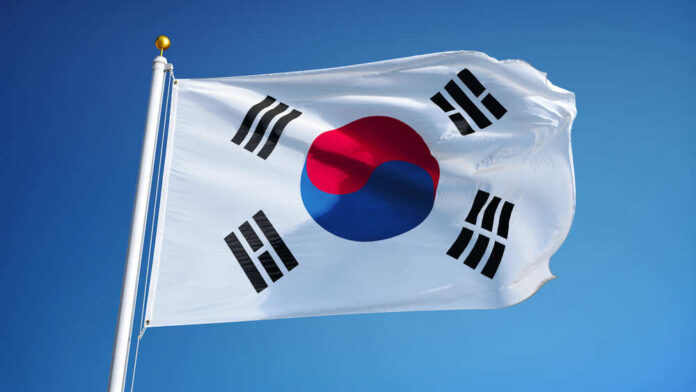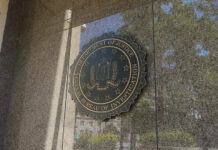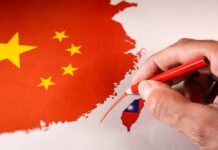
South Korea’s government is pressing ahead with its vow to suspend the licenses of thousands of junior doctors who ignore its repeated demands to end their collective walkouts.
Almost nine thousand out of thirteen thousand medical interns and residents in South Korea went on a two-week strike in protest at a two-thirds increase to the country’s medical school admission quota.
According to the authorities, junior doctors were threatened with license suspensions and other legal action unless they returned to work by February 29. The majority of them ignored the deadline. According to the country’s medical law, doctors in South Korea who defy the government’s order to return to work face fines of up to $22,480, jail time of up to three years, and license suspensions of up to one year.
Licenses are immediately revoked for those who get prison terms, even suspended sentences.
After receiving a complaint from the Health Ministry, the police will conduct an investigation and forward the case to prosecutors for potential indictment. If the striking doctors are required to appear before prosecutors or law enforcement, the Korea Medical Association will furnish them with attorneys. South Korean authorities are investigating five high-ranking Korea Medical Association members on charges of aiding and abetting the younger physicians’ walkouts.
Eighty percent of respondents to a recent survey supported the government’s proposed school enrollment plan, suggesting that the public does not yet support the physicians’ strikes. To cope with an aging population, the government of South Korea has declared an emergency need for additional doctors. In the long run, medical treatment would be compromised, according to many experts, if the number of students were to expand significantly. According to some critics, Doctors are allegedly worried about losing their income despite being one of the highest-paid professions in South Korea.
The Health Ministry dispatched inspectors to hospitals on Monday to verify the striking doctors’ absences and start the administrative process of suspending their licenses. The government has officially certified more than seven thousand strikers as absent. On Tuesday, authorities proceeded with on-site hospital inspections and notified some strikers about license suspension proceedings.
At some large hospitals, junior doctors on strike help teach senior doctors and makeup 30–40% of the total medical staff. While not all senior doctors have joined the junior doctors’ walkouts, many have shown their support.













